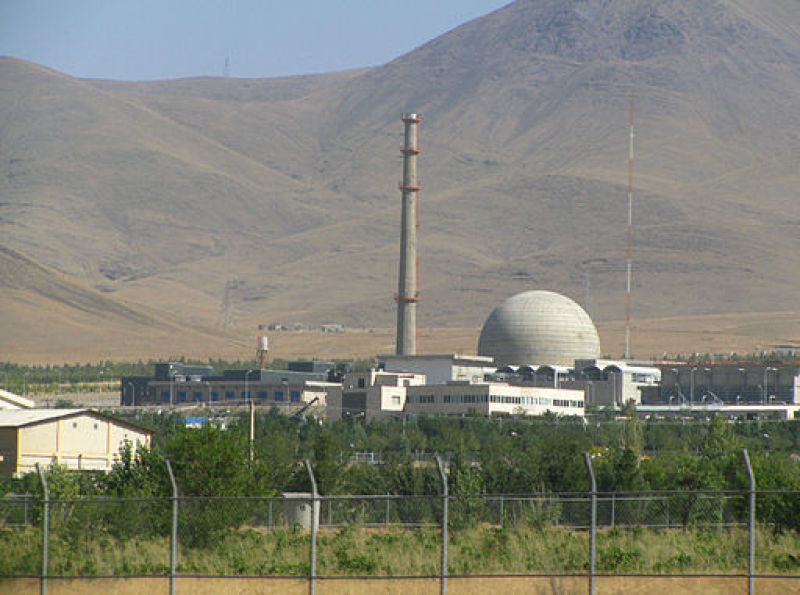

Iran's nuclear program is an issue of heavy debate. U.S and Iranian officials have made progress, however, in discussing a proposal regarding nuclear production in Iran.
U.S. and Iranian officials have gotten closer to reaching an agreement with nuclear production. On Monday, officials from both parties ended the round of talks of nuclear productivity with a proposal to limit Iran's nuclear ability for a minimum of ten years.
According to the proposal, Iran will not be allowed to produce enough nuclear material in one year to make a nuclear bomb. This limit is called the "breakout" limit, and will be enforced for a minimum of ten years. After a minimum of ten years, the restrictions will be eased.
U.S. Secretary of State John Kerry attended the nuclear talks along with Foreign Minister Mohammad Javad Zarif and representatives of the P5+1 group. The members are to meet again next Monday to begin another round of talks on nuclear production in Iran.
A U.S. senior official told reporters that there has been significant progress through these talks, but there is still much to be done. United States officials claim that the current deadline for an effective and complete nuclear agreement is set for the end of June.
"These were very serious, useful and constructive discussions. We have made some progress but we still have a long way to go. We did very much sharpen up some of the tough issues so we can work to resolution," the senior official said.
Though the breakout limit has been set in place to prevent Iran from constructing a nuclear weapon, the Iranian government denies any plans to construct one. Iran currently has many international sanctions that prevent it from pursuing nuclear production.
Benjamin Netanyahu, the Prime Minister of Israel, is expected to voice concern and criticism towards any negotiations with Iran regarding nuclear productivity. The prime minister believes that an Iranian nuclear program would be a direct threat to Israel. Mr. Netanyahu is scheduled to speak to Congress early next month.



















